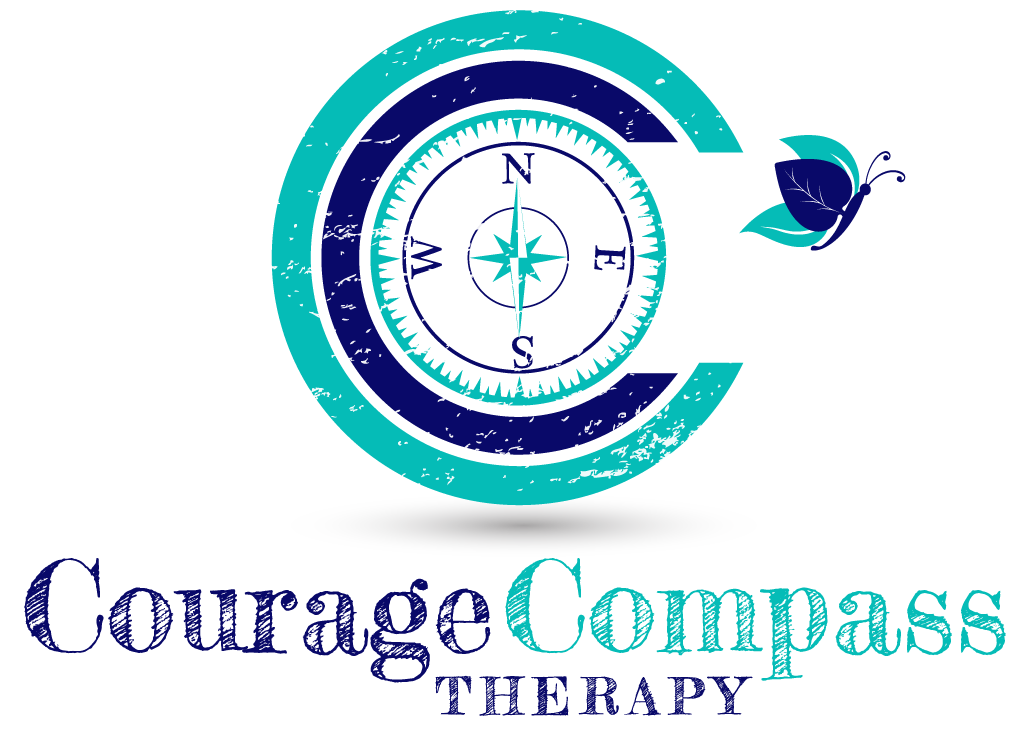“It’s just not good enough. I’m not good enough.”
The topic of being good enough/ not being good enough is basically ubiquitous; it’s in the air we breathe. We constantly feel this scarcity or lack, and are culturally conditioned to do so. We are led to believe there’s always something, someone, somewhere better. Here’s a secret: the grass isn’t greener, it’s just different grass.
So when is it actually ENOUGH? When are we actually ENOUGH? We never have enough time, enough money, enough friends, enough clothes, enough vacation time, enough energy, etc. It’s focused on the future and on consumption, not on the present time and what already is. We’re so focused on the next thing that we hardly get to enjoy what we’ve already gotten.
We are constantly hustling to get to the elusive “enough” point, but never seem to get there, like using a stairclimber to get to the top of a mountain. You're moving yet always in the same place. The problem with achieving enough-ness is it’s usually motivated to win approval or accolades from someone else. A someone else who has a completely different idea about enough-ness. It’s out of our control and completely subjective.
Think about a place where you don’t feel good enough. At work for example? Then complete the following sentence: I will be good enough when I get_________ (a promotion, a raise, recognition or acknowledgment from my boss, respect from my coworkers…).
When you reach this bar, are you satisfied, or does the bar move up to the next level? If the bar automatically jumps to the next thing, it’s a sign that perfectionism is surreptitiously creeping into your life (or has already taken up residence). Since the approval is external, it’s like you are a boat without a rudder, at the mercy of the sea and wind.
You are not the sailor of your own ship. Relying on others to tell you whether your work, your appearance, your home, your grades, etc. are good enough is placing all the power and control outside of yourself. One boss may prefer a task completed one way to be “good enough,” while another may tell you the complete opposite. A friend may "approve" of one your outfits to wear to the party, while your mom prefers another. Always subjective.
We need to hold ourselves accountable for the ways we fall into hustling for worthiness if we’re going to change it.
Answering the above question lets us know if our goals are based on perfectionism and external approval that we may never get, or if they are reasonable, measurable, and within our own control. The answer to "When will I be good enough?" has to come from you and not external sources. This means we have to unhitch the wagon from perfectionism and attach it to our values.
Why values?
Our values will help us identify how we'll respond to certain situations so that we can conduct ourselves in ways in which we'll be proud. Not in how others will be proud. What you think, what you feel, what you decide. This is vulnerable. I know.
We cannot live sustainably if we try to always make others happy, win their approval, or make them proud. We'll never feel whole or have a firm idea of who we really are. The way to get in touch with that is to dig into what our core values are and how they operate in our lives. If you lived according to a value of compassion, what would compassion dictate you do about a certain situation? What would self-respect determine you say in the next text? Stability? Connection? Faith? Integrity? Community?
There isn’t a “perfect” or “right” set of values to have. Your values that drive your decisions are for your own satisfaction; others don’t even need to know what they are. They are lived. They are not professed.
A value doesn’t have to be universally applied. One value may feel resonant in one arena, while another value will seem appropriate in another. That is completely expected. Values that don’t seem to guide people to making decisions: caring, kindness, loving. These feel too people-pleasing and for the benefit of others, which is what we’re trying to move away from with this exercise in the first place. You can care, be kind, and love abundantly while being motivated by other chief values.
If the value helps you orient to what you think and believe about a certain situation, if it helps you decide and feel confident in that decision, that is sufficient. It’s about getting in touch with that place inside us that really knows, and figuring out how that fits in to the larger picture of your current circumstance.
What is Enough?
It is what you say it is. If someone else isn’t satisfied with your performance, output, participation, etc., it is on them to communicate that. They can approach you, ask questions, and express their feelings and needs. Those are boundaries that they can exercise, and communication to which you can respond, knowing that both parties are coming from an authentic place, rather than from people-pleasing, conflict avoidant, or resentful places.

